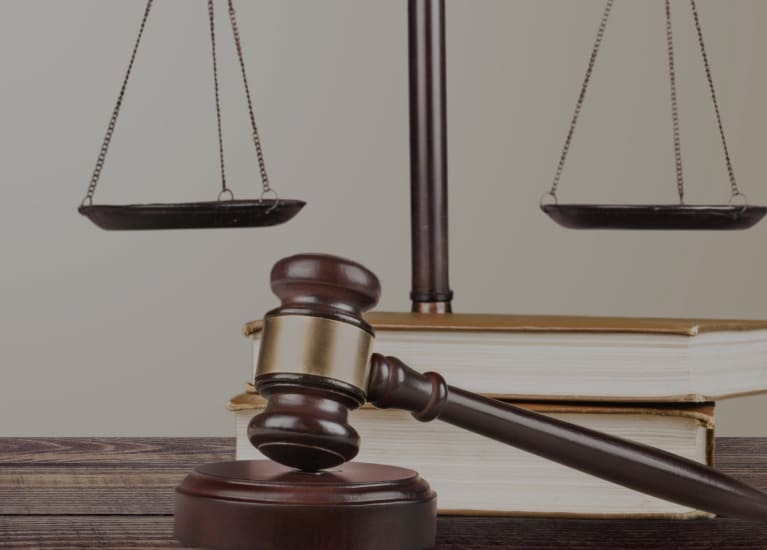
Staying on the right side of the Illinois Department of Revenue (ILDOR) means getting small issues taken care of before they become significant problems. Some notices you receive from the state agency are as simple as confirming your identity while others may require financial documents to support recent tax returns or claims.
It’s crucial to be responsive and responsible when receiving notices from the ILDOR. If the messages concern you, discuss your issues with an experienced business and tax attorney who can translate the message and formulate a response. They can also simplify your business or personal finances going forward, including by creating a cohesive estate plan.
What Types of Notices Does Illinois Department of Revenue Send?
A feeling of dread can accompany ILDOR notices but it’s very important to open each and read the contents carefully. Some can be as simple as an identity verification that protects you and your accounts. If you don’t understand what a letter is asking for you may call customer service, use an online chat feature, email (see website for addresses), or arrange to visit a local office to talk to someone in person. If you do not want to create an online account you may correspond by postal mail (USPS). In any case it’s critical to respond within the deadline on the letter.
There are many types of notices from the ILDOR. These include:
- Payment invoices. You might have misread your taxes and paid the wrong amount or missed an estimated tax payment and need to pay a penalty. It’s best to take care of these notices promptly (as soon as you open them) or you may have to pay a late fee on top of the amount due. If you object and believe the notice is an error, contact customer service or follow instructions on filing a protest before the due date.
- Return Correction Notice. These notices identify a mistake on your return. In addition they may request additional information, an additional payment, or they may send a refund after recalculating your taxes.
- Notice of Deficiency. This notice regards not just a shortage in your amount due but usually a missing income statement, like a W2 or 1099, that requires recalculation of your tax return.
- Estimate Assessment Notice. This is a bill generated by the ILDOR based on past tax returns. You’re obligated to pay the assessment, even if you’re not prepared to file your return. If you’ve been hospitalized, unemployed, or have other extraordinary circumstances, contact customer service to explain.
- Final Notice of Collection/Notice of Tax Lien. If your taxes are unpaid past a grace period the state will put a lien on your property, such as the deed to your home or another valuable asset. These liens require that the debt is paid before you receive any payment for sale of the property. Liens can be removed by paying the amount due.
- Intent to Audit. The department of revenue can audit your business or personal returns at any time. This requires you to produce records of the year(s) involved. A tax attorney can help identify the information you will need.
- Jeopardy Assessment Notice. This is a notice of a very serious collections situation that might restrict your ability to travel freely. It’s crucial to immediately contact an attorney if you receive this notice.

Understanding Illinois Department of Revenue Notices
Responding to department of revenue notices within the stated deadline is critical to resolving issues. Failing to act on underpayments, assessments, and liens will only create bigger problems.Discussing your concerns with an experienced business and tax attorney from Legacy & Life Law Firm LLC can help you understand the situation and develop a strategy for resolving it. If you are receiving department of revenue letters it’s time to take action. Call Legacy & Life for a consultation now to manage your state tax issues.
